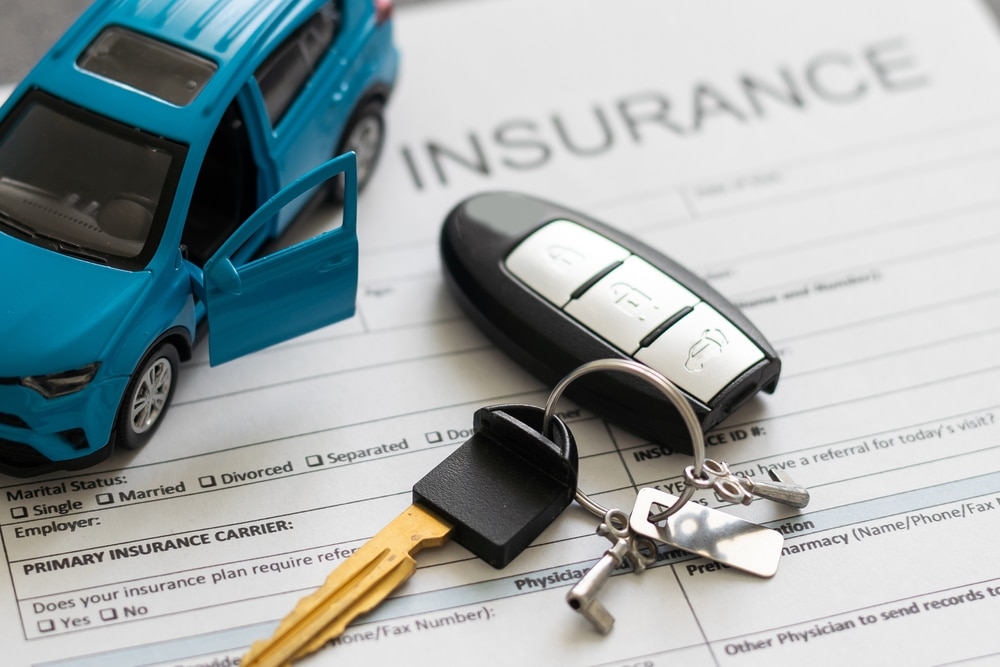
When you are injured in a crash in Illinois, you expect the insurance company to step in and help cover your medical bills, lost wages, and other damages. Unfortunately, the reality is often very different. We have seen countless cases where insurers seem friendly at first but work aggressively to reduce, delay, or deny legitimate claims. This is because insurance companies are for-profit businesses whose priority is protecting their bottom line , not your well-being.
Under Illinois law, accident victims have rights, but those rights are not automatically protected by the insurance process. For example, 735 ILCS 5/13-202 sets the statute of limitations for personal injury claims at two years from the date of the accident. If the insurance company delays settlement talks long enough, you could miss this deadline and lose your ability to sue. That is just one of the tactics we have seen used against injured people.
The main objective of any insurer after a crash is to limit the amount they pay out. That may mean disputing fault, questioning the severity of your injuries, or undervaluing your damages. While Illinois follows a modified comparative negligence rule under 735 ILCS 5/2-1116, which allows you to recover damages even if you were partially at fault (so long as you are not more than 50% responsible), insurance companies may try to push more blame onto you to reduce their liability.
We often see insurers use recorded statements and medical authorizations to gather information they can later use to minimize your payout. Even something as simple as a friendly conversation with an adjuster can lead to your words being taken out of context and used to challenge your claim.
Illinois is a fault-based state for auto accidents, which means the at-fault driver’s insurance is generally responsible for covering damages. 625 ILCS 5/7-601 requires all drivers to carry minimum liability coverage, but those limits are often far less than what a serious injury case is worth.
When damages exceed the at-fault driver’s policy limits, you may need to rely on your own uninsured/underinsured motorist coverage under 215 ILCS 5/143a. Unfortunately, even your own insurer may try to limit what they pay, despite the fact that you have been paying premiums for years. We have seen clients face the same adversarial tactics from their own carrier as from the other driver’s insurer.
We regularly encounter strategies designed to undermine a claim, including:
Under 215 ILCS 5/154.6, Illinois law lists unfair claims practices, such as misrepresenting facts or failing to promptly investigate a claim. While these practices are prohibited, they still happen , and often without the injured person realizing their rights are being violated.
From the moment we take on a case, we work to protect our clients from these insurance company tactics. That means handling all communications with adjusters, ensuring your claim is properly documented, and preparing for litigation if the insurer refuses to make a fair offer.
We have handled cases where an insurer initially denied liability entirely, only to change its position when faced with strong evidence gathered through our investigation. Without representation, many of those clients might have accepted the insurer’s version of events and walked away with nothing.
Seek medical attention first, then contact a lawyer before speaking to any insurance company. Even your own insurer can use your statements against you. Illinois law gives you two years to file a personal injury lawsuit, but early action strengthens your case.
No. In Illinois, insurers must not misrepresent facts, fail to investigate, or refuse to pay claims without conducting a reasonable investigation. If they do, it may be considered bad faith, and you could have additional legal remedies.
You are not legally obligated to give a recorded statement to the other driver’s insurer. We strongly recommend against it without your attorney present, as your statements can be used to shift fault or reduce your claim.
If damages exceed the at-fault driver’s coverage limits, you can seek compensation from your own uninsured/underinsured motorist coverage. This coverage is required in Illinois policies unless you reject it in writing.
Yes. Even though you pay premiums, your insurer’s goal is still to pay out as little as possible. This is why uninsured/underinsured motorist claims can become just as contested as liability claims against the other driver’s insurance.
Illinois uses modified comparative negligence. If you are found more than 50% at fault, you cannot recover damages. If you are 50% or less at fault, your recovery is reduced by your percentage of fault.
Prolonged delays can be a tactic to pressure you into accepting less. Illinois law prohibits unreasonable delays, and we can take legal action if an insurer fails to act promptly and fairly.
If you were injured in a crash in Illinois, remember that the insurance company is not on your side. You deserve a legal team that will fight for your rights, handle the insurers, and make sure you receive the compensation you are entitled to under Illinois law.
At The Law Offices of Robert T. Edens, P.C., we have decades of experience protecting car accident victims from insurance company tactics. Contact our Antioch car accident lawyer at The Law Offices of Robert T. Edens, P.C. today at 847-395-2200 to schedule your free consultation. We represent clients from our Antioch office at 392 Lake St., Antioch, IL 60002, as well as from our Waukegan office at 325 Washington St., Waukegan, IL 60085, and our Woodstock office at 1212 North Seminary Unit 1, Woodstock, IL 60098. We proudly serve clients in Antioch and throughout the entire state of Illinois.